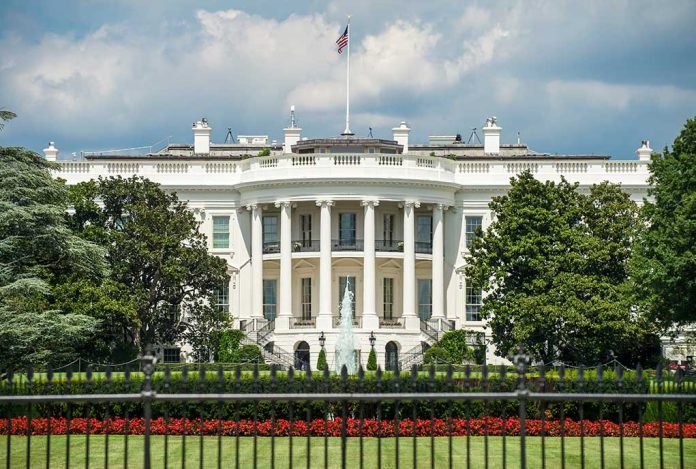
President-elect Donald Trump gears up for a transformative administration as Inauguration Day approaches, with key appointments and ambitious policy plans taking shape.
At a Glance
- Susie Wiles appointed as chief of staff, marking the first woman in this role
- Tom Homan to serve as “border czar,” focusing on immigration enforcement
- Rep. Elise Stefanik nominated for UN ambassador position
- Day 1 priorities include border closure, increased drilling, and tariffs on Mexico
- Trump plans to meet with President Biden to discuss peaceful transition of power
Trump’s Cabinet Takes Shape
As January 20, 2025, draws near, President-elect Donald Trump is actively assembling his cabinet and key administration positions. The transition process is in full swing, with early announcements for high-profile roles already making headlines. Trump’s team is prioritizing appointments for crucial departments such as State, Defense, and Treasury, signaling immediate focus areas in foreign policy, national security, and economic reform.
One of the most notable appointments is Susie Wiles as chief of staff, making history as the first woman to hold this influential position in a Trump administration. The selection of Wiles demonstrates Trump’s commitment to placing trusted allies in pivotal roles. Former acting ICE Director Tom Homan is set to take on the role of “border czar,” a position previously assigned to Vice President Kamala Harris under the Biden administration. This appointment underscores Trump’s emphasis on strengthening border control and immigration enforcement.
Key Nominations and Potential Appointments
Rep. Elise Stefanik, a staunch Trump supporter, has been nominated as UN ambassador, earning praise from the President-elect for her unwavering loyalty. Other potential appointments include Robert F. Kennedy Jr., who is expected to join the administration with a focus on health initiatives, such as ending fluoride in tap water. Elon Musk is being considered for a newly created Department of Government Efficiency, with the ambitious goal of cutting $2 trillion from the federal budget. Florida Senator Marco Rubio is expected to be selected as the Secretary of State, alongside Florida Representative Mike Walz as Trump’s national security advisor.
In the financial sector, John Paulson emerges as a potential Treasury secretary, with plans to cut green projects and impose tariffs on Chinese companies. Former Democratic Representative and presidential candidate Tulsi Gabbard is also being considered for a national security position, showcasing Trump’s willingness to reach across party lines for certain roles.
Day One Priorities and Policy Direction
Trump’s transition team is working diligently to prepare for immediate action post-inauguration. The President-elect has outlined an ambitious agenda for his first day in office, which includes closing the border, increasing drilling operations, launching a large-scale deportation program, and imposing tariffs on Mexico. These priorities reflect Trump’s commitment to his campaign promises and his America-first approach to governance.
Additionally, Trump plans to pardon some Capitol rioters and cut federal funding for schools promoting certain ideologies, actions that are likely to be met with both support and controversy. In a move that signals his intent to address ongoing legal challenges, Trump has stated his intention to fire special counsel Jack Smith immediately upon taking office.
Transition of Power and International Relations
As part of the transition process, Trump is scheduled to meet with President Joe Biden to discuss the peaceful transfer of power. This meeting is expected to cover crucial topics, with the Russia-Ukraine war likely to be a key point of discussion. Trump has already communicated with both Russian President Vladimir Putin and Ukrainian President Volodymyr Zelensky, indicating his active engagement in international affairs even before taking office.
Trump’s stance on the conflict differs significantly from the current administration’s approach. He opposes further funding to Ukraine, which could signal a shift in U.S. foreign policy regarding the ongoing war. This position, along with his plans for immediate action on domestic issues, sets the stage for a presidency that promises to be markedly different from its predecessor.
As Inauguration Day approaches, the nation watches closely as Trump’s vision for America begins to take concrete form through his cabinet selections and policy priorities. The coming weeks will be crucial in setting the tone for the new administration and shaping the narrative around Trump’s return to the White House.









